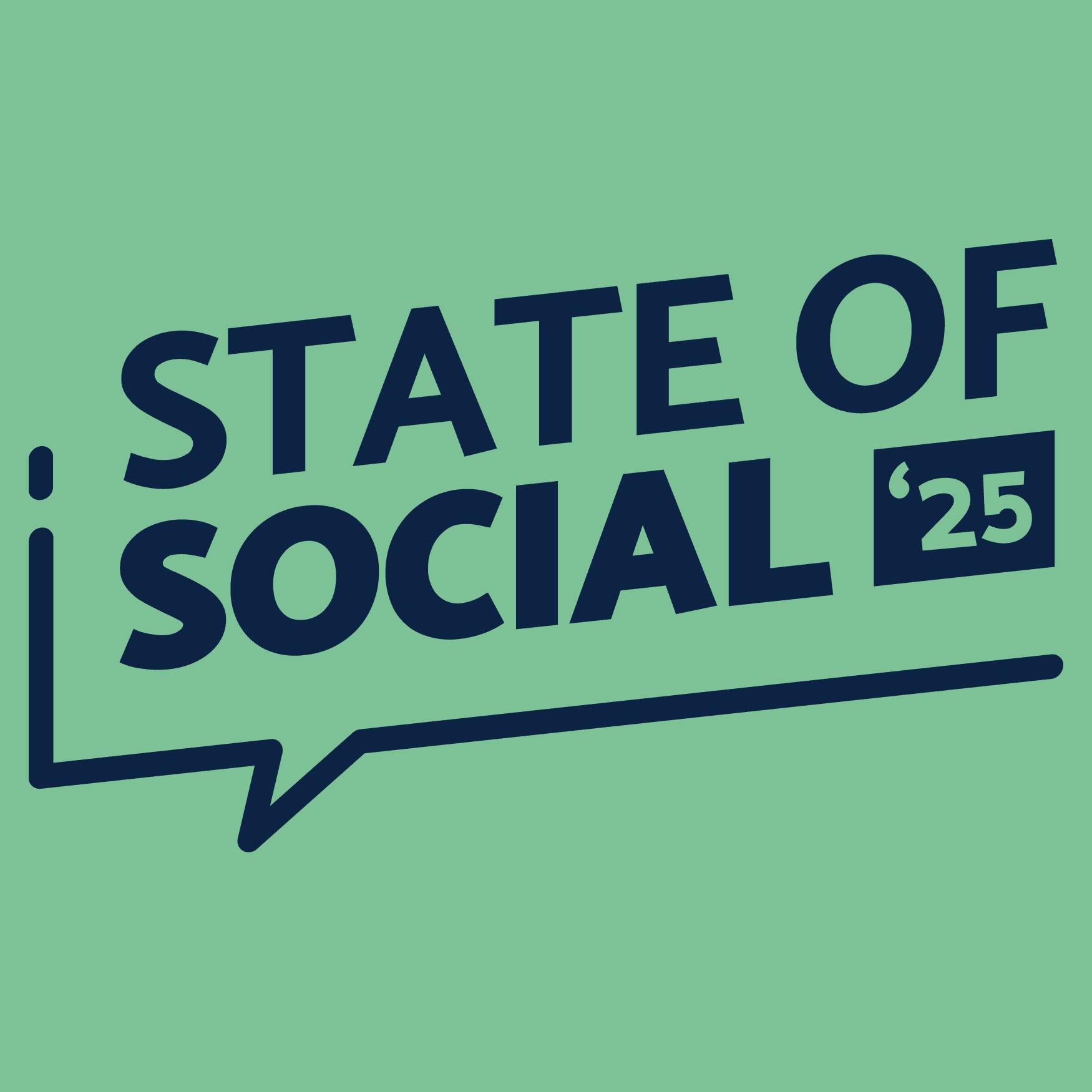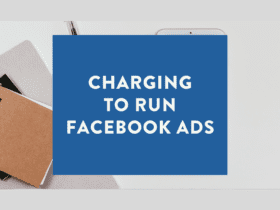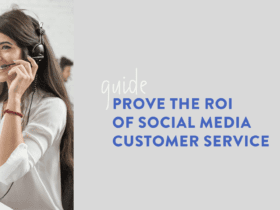Instead of clocking off when it hits 5, social media means we represent our companies 24/7.
It calls into question: where do we draw the line?
Recently, BBC introduced a new policy that its employees were not able to “express a personal opinion on matters of public policy, politics, or controversial subjects” – even on their private social media accounts.
That includes seemingly innocent moves like retweeting a campaign link to a fundraiser or posting a Black Lives Matter pic on Instagram.
Closer to home, internal emails from triple j asked staff members not to campaign for same-sex marriage on social media at the time of the plebiscite.
It’s not just impartial news sources. Social media has made the line between our personal and work personas fuzzier. And businesses across the board – from hairdressers to wedding caterers – now have social media policies that say what employees can and can’t post on their personal accounts.
Can social media posts get you fired?
It’s the stuff of urban folklore (and clickbait headlines). The logistics worker fired for his vile antics on Tinder. The teacher stood down for posting about her hard-partying lifestyle on Facebook. The retail worker who called in sick – then got sprung for Snapchatting a pic of the surf.
But do employers actually have the right to tell us what to do on our social media accounts? “Probably, yes,” says intellectual property lawyer David Stewart. While there are no explicit laws – yet – if there’s an employment contract that says something express about what you can and can’t put on social media, you are bound by that.
But even if you haven’t signed a contract “there’s an implied term that says you have to do the best thing by your employer,” says David. “So if you start making intensely controversial statements, you can expect your employer might not like that very much. Even if you post images of yourself, say, hungover at leavers, it could cast negative aspersions on your employer and their industry.”
It’s something Dee Salmin, a producer at triple j’s The Hookup, has had to think about. In her spare time, she runs a dating meme page on Instagram with over 100K followers – and “there’s definitely been a few tension points,” she says. “My employers have said to be really careful with not being associated with it. I had to go over the editorial policies with my boss. It ended up being fine, but it’s definitely something that they’re thinking about and looking at.”
So how are you supposed to have any fun on social media?
Make your personal profiles private if you’re posting things you don’t want your employer to see. You could also consider making an anonymous account.
“I have a Twitter I use to express my own personal and quite private opinions, and one for work – the two don’t really intersect,” says David.
Dee also embraces anonymity with her Instagram meme page. “I don’t have my name on the page, so people don’t know it’s me. I can kind of get away with it – you have that freedom to have an opinion.”
But my social media is part of who I am!
There’s no getting around it: social media is part of our personal brand, and can open up so many opportunities in both work and our personal lives. To hide it completely feels remiss.
As Dee admits, her meme page actually helped her score the coveted spot with triple J. “A lot of where I’ve gotten to is because I can prove I’ve grown a social media following, I’ve got that skillset that’s highly valued in the media landscape.”
But the more she progresses in her career, “I’m even more conscious of how social media can reflect on me. I stay off social media as much as possible, especially when it comes to the personal – I don’t use Twitter, I deleted Instagram. It’s something I think about: should I go through and delete stuff I’ve said?”
While the jury’s still out on this one – and the laws are yet to keep pace – David suggests a “common-sense approach” will always win out.
“Don’t muddle your message, have a clear delineation between personal and professional accounts. I don’t want to have that embarrassing conversation with an executive about how I dressed up as a devil in Lycra for a costume party. No one from work ever wants to see that.”
Hear, hear.









LET’S CONNECT